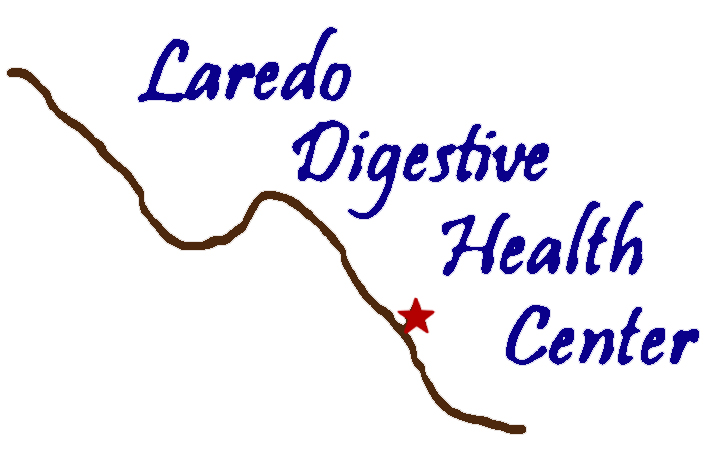
ABDOMINAL PAIN
Abdominal pain is pain and discomfort that occurs in your abdomen. Your abdomen is the section of your torso between your chest and your pelvis. Everyone experiences abdominal pain from time to time. Abdominal pain can be mild or severe, and it may be continuous or come and go. Abdominal pain can be short-lived (acute) or occur over weeks and months (chronic). Call your doctor right away if you have abdominal pain so severe that you can’t move without causing more pain or you can’t sit still or find a comfortable position.

DIARRHEA
Diarrhea means you have loose, watery stools more than three times in one day. You may also have cramps, bloating, nausea and an urgent need to have a bowel movement.Causes of diarrhea include bacteria, viruses or parasites, certain medicines, food intolerances and diseases that affect the stomach, small intestine or colon. In many cases, no cause can be found.

CONSTIPATION
Constipation is infrequent bowel movements or difficult passage of stools. You’re probably experiencing constipation if you pass fewer than three stools a week, and your stools are hard and dry. Simple lifestyle changes, such as getting more exercise, drinking more fluids and eating a high-fiber diet, can go a long way toward alleviating constipation. Constipation may also be treated with over-the-counter laxatives.

IBS (IRRITABLE BOWEL SYNDROME)
Irritable bowel syndrome (IBS) is a common disorder that affects your large intestine (colon). Irritable bowel syndrome commonly causes cramping, abdominal pain, bloating gas, diarrhea and constipation. IBS doesn’t cause permanent damage to your colon. Only a small number of people with irritable bowel syndrome have disabling signs and symptoms. You can control irritable bowel syndrome by managing your diet, lifestyle and stress.

DIVERTICULAR DISEASE
Diverticular disease consists of three conditions that involve the development of small sacs or pockets in the wall of the colon, including diverticulosis, diverticular bleeding, and diverticulitis. Diverticulosis is the formation of numerous tiny pockets, or diverticula, in the lining of the bowel. Diverticulosis is very common and occurs in 10% of people over age 40 and in 50% of people over age 60. Complications can occur in about 20% of people with diverticulosis. One of these complications is rectal bleeding, called diverticular bleeding, and another is diverticular infection, called diverticulitis.

HEMORRHOIDS
A hemorrhoid is a collection of swollen tissue and blood vessels in the lower rectum or anus. With onset commonly occurring after the age of 30, hemorrhoids will affect more than half the population at some point in their lives. Common causes include constipation, pregnancy, childbirth, obesity, heavy lifting, sitting for long periods and diarrhea.

COLON POLYPS
A colon polyp is a small clump of cells that forms on the lining of the colon. Although most colon polyps are harmless, some become cancerous over time. You’re at higher risk if you’re 50 or older, overweight or a smoker, eat a high-fat, low-fiber diet, or have a personal or family history of colon polyps or colon cancer. Usually colon polyps don’t cause symptoms. That’s why experts recommend regular screening. Colon polyps that are found in the early stages usually can be removed safely and completely. Screening helps prevent colon cancer, a common disease that’s often fatal when it’s found in its later stages.

IBD (INFLAMMATORY BOWEL DISEASE)
Inflammatory bowel disease (IBD) primarily includes ulcerative colitis and Crohn’s disease. Ulcerative colitis is an inflammatory bowel disease that causes long-lasting inflammation in part of your digestive tract. Crohn’s disease causes inflammation anywhere along the lining of your digestive tract, and often spreads deep into affected tissues. IBD can be painful and debilitating, and sometimes leads to life-threatening complications.

COLON CANCER
Colon cancer is cancer of the large intestine (colon), the lower part of your digestive system. Most cases of colon cancer begin as small, noncancerous (benign) clumps of cells called adenomatous polyps. Over time some of these polyps become colon cancers. Polyps may be small and produce few, if any, symptoms. For this reason, doctors recommend regular screening tests to help prevent colon cancer by identifying polyps before they become colon cancer.
